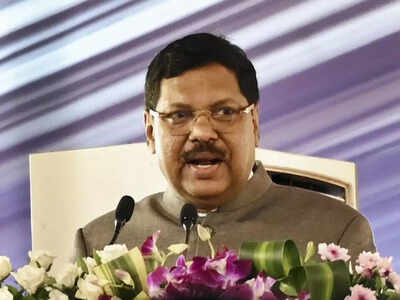CJI Gavai Advocates Pragmatic Constitutional Interpretation and Judicial Focus

Chief Justice of India Urges Practical Approach to Constitution
On July 6, 2025, Chief Justice of India, D.Y. Chandrachud Gavai, emphasized the need for a pragmatic interpretation of the Indian Constitution to better serve society’s evolving needs. During a judicial conference, he called on judges to adopt an approach that reflects the changing realities of the country rather than rigidly adhering to literal meanings.
Focus on Finality in Judicial Decisions
CJI Gavai further urged judges to move past cases once they have been decided, discouraging prolonged contemplation that could affect judicial efficiency. He highlighted that prolonged focus on closed cases might delay justice for others awaiting decisions, advocating for judicial decisiveness and forward movement.
Adapting the Constitution to Contemporary Society
The Chief Justice stressed that the Constitution is a living document designed to adapt with societal progress. By interpreting constitutional provisions with flexibility and pragmatism, the judiciary can ensure laws remain relevant and effectively address current social and economic challenges.
Judiciary’s Role in Social Change
Underlining the judiciary’s responsibility, CJI Gavai stated that courts must balance legal principles with social realities, thereby fostering justice that resonates with the people’s everyday lives. His vision includes a judiciary that is responsive, timely, and rooted in practical wisdom.
Trivia and Key Insights
- D.Y. Chandrachud Gavai took oath as Chief Justice of India in 2025.
- The Indian Constitution, adopted in 1950, is the longest written constitution globally.
- Judicial pragmatism is an evolving judicial philosophy emphasizing practical outcomes over strict formalism.
- The Supreme Court of India plays a crucial role in constitutional interpretation and upholding democracy.
Source: The Times Of India
